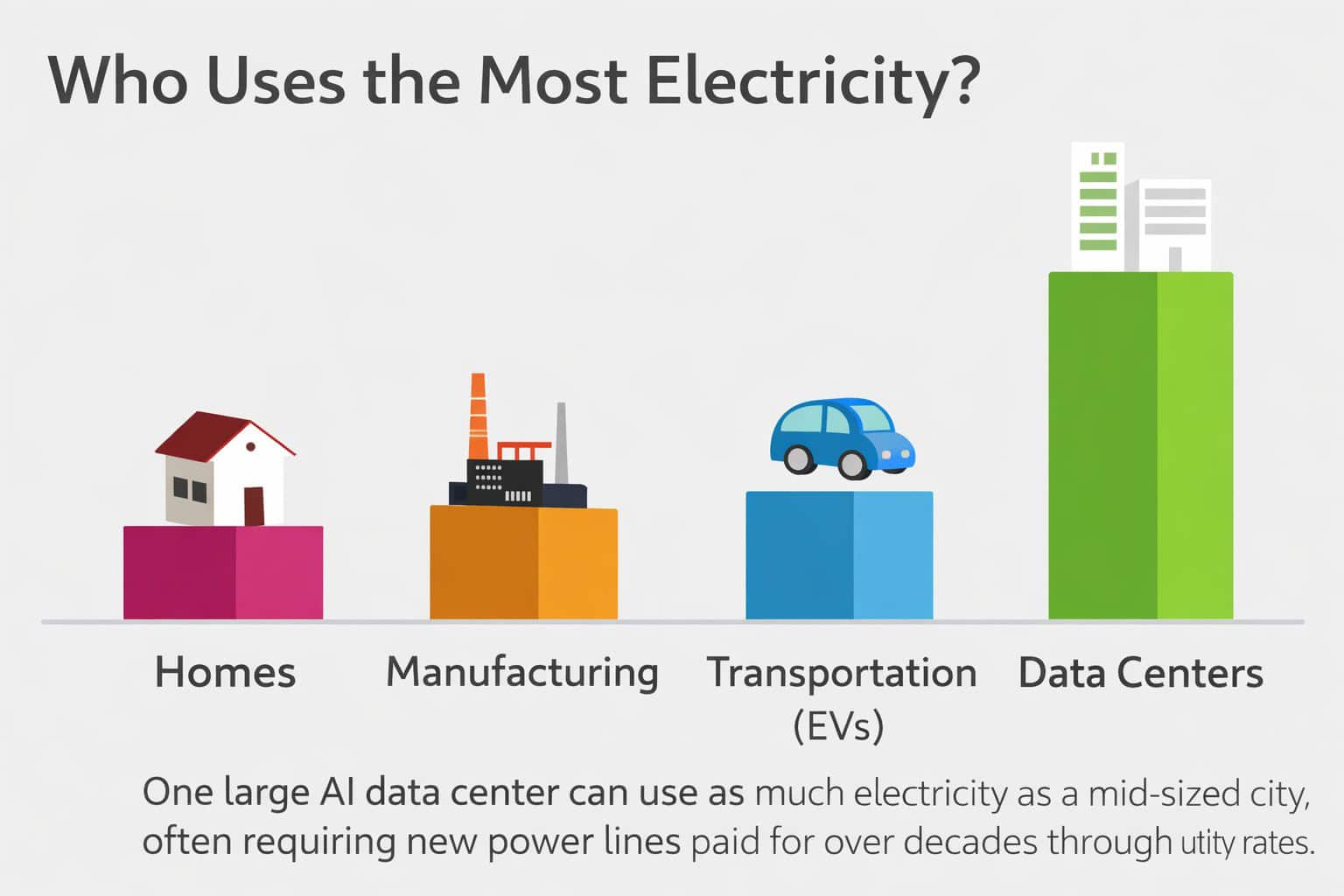SOUTH KOREA – Korean researchers may have cracked the code to eliminate a major issue that makes some consumers hesitant to transition to the increasingly popular electric vehicles.
As detailed by Techopedia, a team from the Korea Advanced Institute of Science and Technology, or KAIST, has developed a sodium-based battery that can charge in only seconds.
If this technology becomes widely available, it could give the EV industry a further boost, making this breakthrough potentially exciting news for the health of humanity and the planet.
Even though people don’t need to power up their EVs every day, charging times have caused some to write off the more eco-friendly vehicles, according to the International Energy Agency and multiple other studies. Lengthy charging sessions also create a safety concern for women.
The U.S. Department of Energy found that the average time spent at a paid fast-charging session from 2020 to 2023 was 42 minutes, albeit inclusive of trips into stores while charging.
However, KAIST said in a press release that it made a rapidly charging, high-power sodium battery by creating a hybrid energy storage system.
To do this, the researchers incorporated improved materials in the system’s anodes as well as its cathodes (the parts of a battery between which electrons flow during charging and discharging). The result, according to KAIST, is an energy storage system with a fast-charging cycle that has the enhanced power characteristics of supercapacitors.
Another benefit of sodium-based batteries is that salt is far more inexpensive than lithium, which is used in the majority of EV batteries. It’s also 500 times more abundant, according to KAIST.
While EV prices are already becoming more accessible, thanks in part to legislation like the Inflation Reduction Act, widespread adoption of salt-based tech could ultimately result in an even lower initial investment for the vehicles.
Taking more gas-guzzling cars off the road would also go a long way toward improving our air quality — which, in turn, would benefit humans by reducing respiratory conditions like asthma — since electric vehicles don’t generate harmful tailpipe pollution. More people switching to EVs would help curb the dangerous overheating of the planet caused by heat-trapping gases as well.
KAIST isn’t the only team working on technology to make EVs even more enticing.
Chinese automaker IM Motors recently unveiled a solid-state battery that could reduce charging times while increasing vehicle range. Disordered rock salt, the cousin of salt, is also receiving buzz as a potential way to stretch EV ranges.
For now, KAIST’s solution is still “in its formative stage,” according to Techopedia, but researchers believe faster charging will eventually be available for a range of products.
“This hybrid sodium-ion energy storage device marks a significant leap forward, overcoming the limitations of current storage solutions,” Professor Kang Jeong-gu said. “It heralds a new era where rapid charging becomes a reality for all electronic devices, including electric vehicles.”






